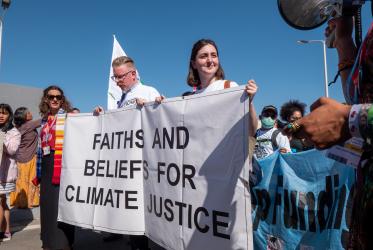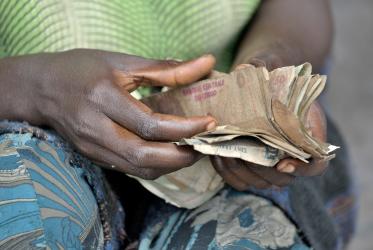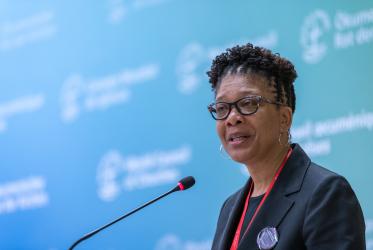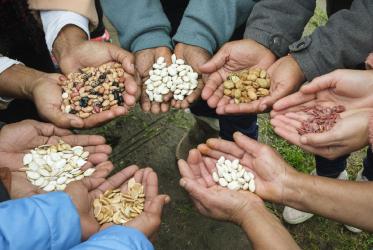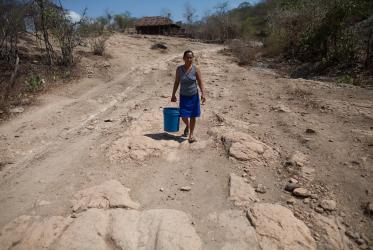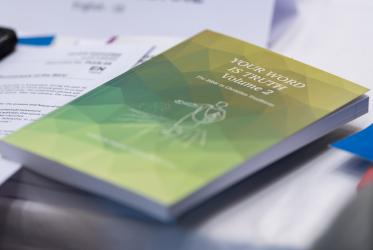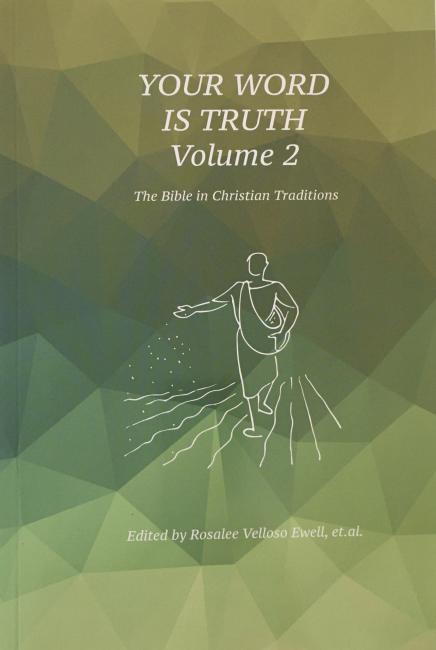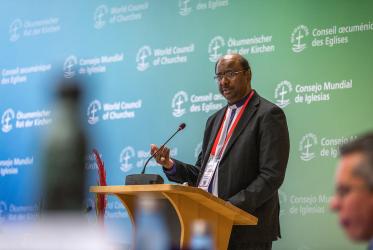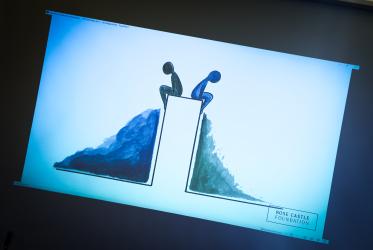Displaying 121 - 140 of 2355
26 October 2023
WCC co-hosts webinar on climate emergency and faith responses
25 October 2023
Prayer focuses on overcoming hunger
19 October 2023
World Council of Churches hosts "Guardians of seeds" exhibition
18 October 2023
General secretaries celebrate collaboration and publication
13 October 2023
WCC co-hosts webinar for World Mental Health Day
12 October 2023
Recommended Practices to Combat HIV-Related Stigma
A Guidebook for Local Faith Communities
05 October 2023
Faith Sector Implementation of the Global AIDS Strategy
05 October 2023

